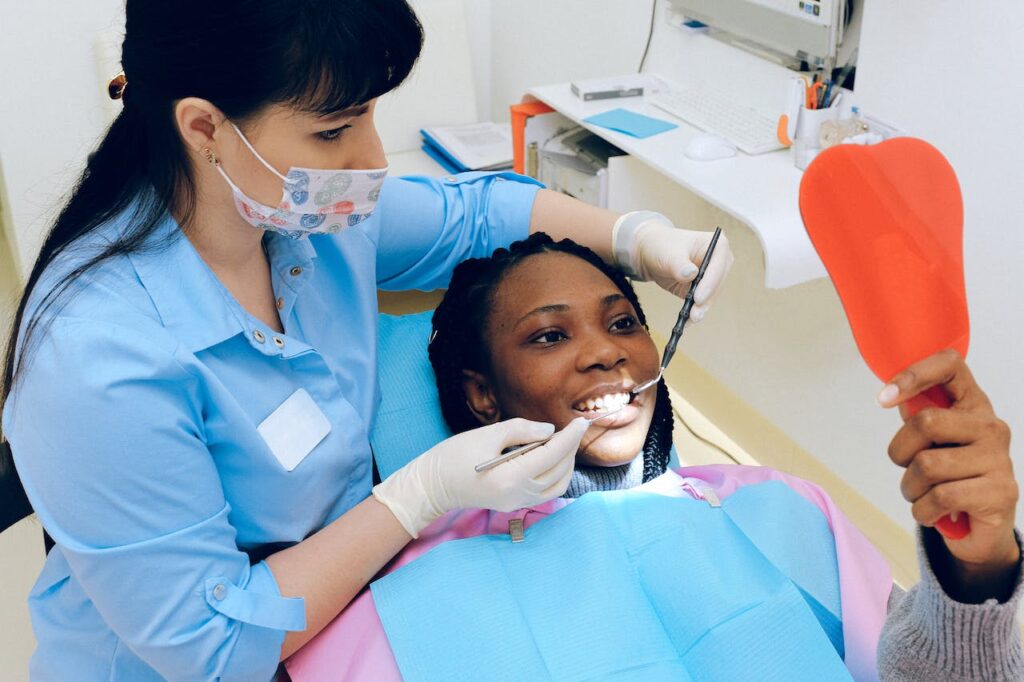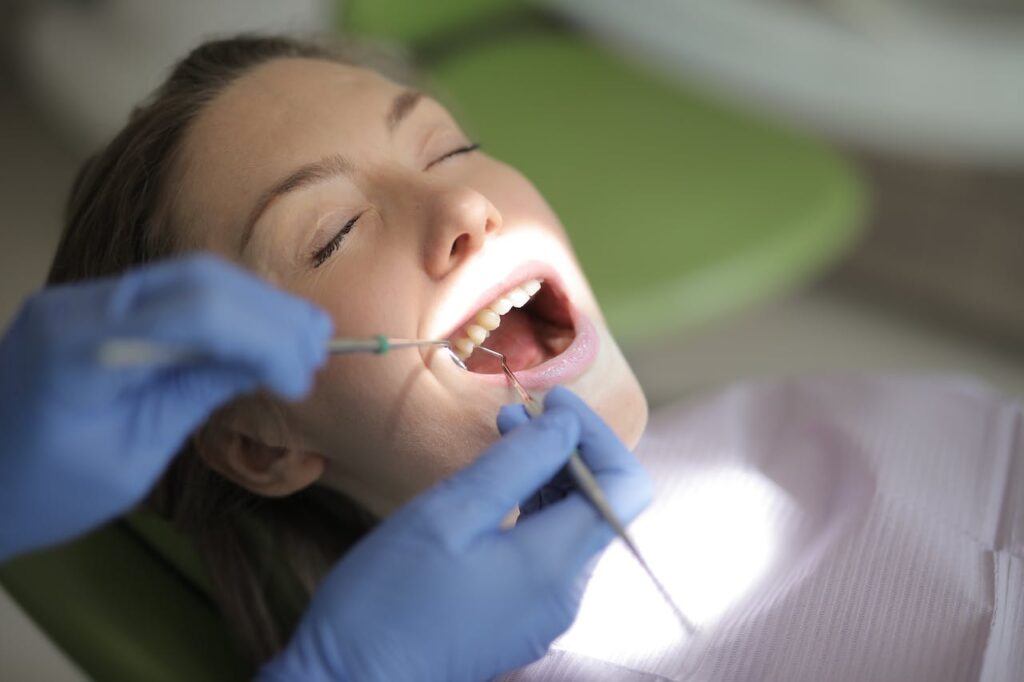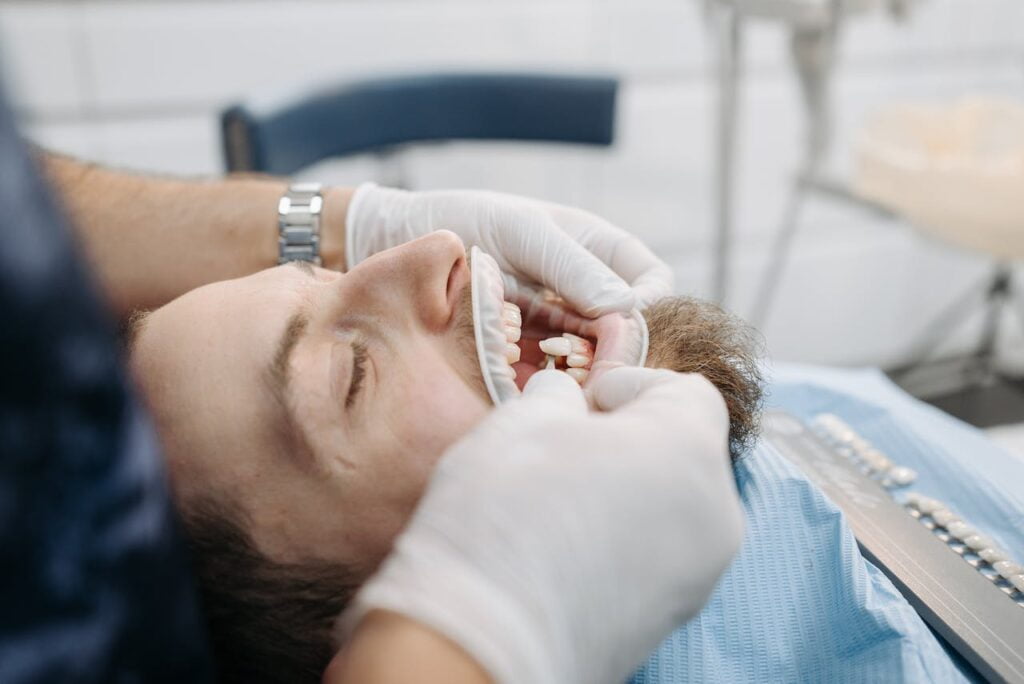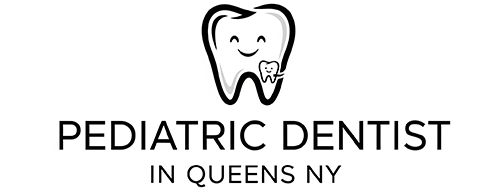It’s generally advised to wait at least 24-48 hours before smoking after teeth cleaning.
This waiting period helps:
- Reduce Sensitivity: Allows your teeth and gums to recover from any sensitivity caused by the cleaning process.
- Promote Healing: Prevents the risk of infection and aids in the healing of gums.
- Preserve Results: Helps maintain the cleanliness and whitening effect achieved from the cleaning.
What Happens if You Smoke Immediately After Teeth Cleaning?
Smoking immediately after teeth cleaning can lead to:
- Increased Sensitivity and Pain: The chemicals in tobacco can irritate sensitive gums.
- Risk of Infection: Smoking can introduce harmful bacteria into the vulnerable areas of your mouth.
- Compromised Results: Immediate smoking can stain freshly cleaned teeth.
Understanding Teeth Cleaning

Teeth cleaning is a routine dental procedure aimed at maintaining oral hygiene and health. It involves the removal of dental plaque and tartar to prevent cavities, gingivitis, and periodontal diseases.
What Happens During Teeth Cleaning?
During a teeth cleaning session, your dental hygienist will:
- Remove plaque and tartar: Using special tools, plaque and tartar are scraped off from your teeth and gum line.
- Teeth polishing: Removes stains and remaining plaque, making your teeth feel smooth and shiny.
- Professional flossing: Cleans the areas between your teeth.
Why is Post-Cleaning Care Important?
Post-teeth cleaning care is crucial to maintain the benefits of the cleaning and protect your teeth and gums from immediate damage or infection.
The Immediate Effects of Teeth Cleaning
- Sensitive Teeth: Your teeth might be temporarily more sensitive to temperature and touch.
- Gum Sensitivity: Gums might be tender or slightly bleeding.
The Impact of Smoking on Oral Health

Smoking has several detrimental effects on oral health, including:
- Increased Risk of Gum Disease: Smoking weakens your immune system, making it harder to fight off a gum infection.
- Slower Healing: Smoking slows down the healing process of your gums and can complicate recovery after dental procedures.
How Smoking Affects Teeth Cleaning Results
- Staining: Tobacco can stain teeth, counteracting the whitening effect of teeth cleaning.
- Delayed Healing: Smoking after teeth cleaning can delay the healing of your gums.
Tips for Smokers After Teeth Cleaning

If you’re a smoker, consider the following tips to maintain your oral health after teeth cleaning:
- Wait to Smoke: As mentioned, waiting at least 24-48 hours can significantly benefit your oral health.
- Use a Therapeutic Mouthwash: This can help reduce gum inflammation and bacteria.
- Chew Sugar-Free Gum: This can stimulate saliva production, which naturally cleanses the mouth.
- Consider Quitting: The best way to protect your oral health is to quit smoking altogether.
Resources to Help Quit Smoking
There are many resources available to help quit smoking, including:
- Nicotine Replacement Therapy (NRT): Products like patches, gum, and lozenges can help reduce withdrawal symptoms.
- Support Groups and Counseling: Professional support can provide guidance and encouragement.
- Apps and Online Programs: Digital tools can offer personalized plans and tracking.
Conclusion
Waiting to smoke after teeth cleaning is crucial for maintaining oral health and ensuring the longevity of the cleaning results.
If you’re a smoker, consider using this post-cleaning period as a stepping stone towards quitting for good. Remember, your oral health is a vital part of your overall well-being.
Frequently Asked Questions
Can I use an electric toothbrush after teeth cleaning?
Yes, you can use an electric toothbrush after teeth cleaning, but be gentle and use a soft-bristled head to avoid irritating sensitive gums.
Is it safe to use whitening products after teeth cleaning?
It’s best to wait a few days before using any whitening products to allow your teeth and gums to recover from the cleaning.
Can I drink alcohol after teeth cleaning?
It’s advisable to avoid alcohol for at least 24 hours post-cleaning, especially if you had fluoride treatment, as alcohol can reduce its effectiveness.

Dr. Mary G. Trice is a renowned pedodontist based in Queens, NY. With an unwavering dedication to children’s dental health. In addition to her clinical practice, Dr. Trice is the writer and manager behind the informative platform pediatricdentistinqueensny.com. Through this site, she offers valuable insights, tips, and resources for parents and guardians, aiming to bridge the gap between professional dental care and everyday oral hygiene practices at home.
